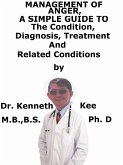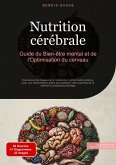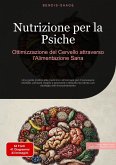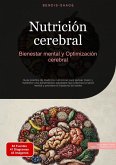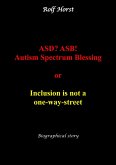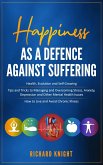Aggressive behavior can induce physical or emotional harm to others.
It may vary from verbal abuse to physical abuse
Aggressive behavior is a disorder when it causes harm to others or becomes a frequent, regular problem.
It can also result in harming personal property.
Aggressive behavior causes problems in social boundaries.
It can result in breakdowns in the relationships.
It can be hidden or evident.
Sometimes aggressive outbursts are frequent and even normal in the right circumstances.
When the person engages in aggressive behavior, he or she may feel irritable and restless.
The person may feel impulsive
In humans, aggression can indicate verbal aggression, physical aggression against objects, or physical aggression against people.
Sometimes, aggression towards oneself (self-mutilation, suicidal gestures or actions) is involved in the definition.
Violence is used only when defining human behavior and indicates physical aggression by one person against another.
The causes are unknown, but a combination of genetic and environmental factors is probably responsible.
As an adult, the person might act aggressively in response to negative experiences.
A person might get aggressive when he or she feels frustrated.
The aggressive behavior may also be linked to depression, anxiety, PTSD, or other mental health disorders.
Symptoms
People with this disorder dislike responsibility and reveal it through their behaviors, rather than by openly conveying their feelings.
They often make use of procrastination, inefficiency, and forgetfulness to prevent doing what they need to do or have been told by others to do.
Some frequent symptoms of passive-aggressive personality disorder are:
1. Acting sullen
2. Avoiding responsibility by claiming forgetfulness
3. Being inefficient on purpose
4. Blaming others
5. Complaining
6. Feeling resentment
Personality disorders are diagnosed by psychological examination and a careful history of the symptoms.
Aggressive behavior seldom occurs without a reason.
Identifying the origin causes of aggressive behavior can help the person avoid states that start it.
The doctor can be asked to learn how to recognize and treat the underlying causes of the aggressive behavior.
Even the most docile of children occasionally reveal the aggressive tendencies of a boxer.
While a certain quantity of aggression, shoving, and pushing is normal and expected of children most probably when they are very young a small subset of children make use of aggression as a method to manage almost any situation.
It is essential to understand that these very aggressive children are not bullies;
They often elect to choose fights with people who are stronger and larger than they are.
Treatment
Counseling may help the person recognize and alter the behavior.
To find out about the cause of aggressive behavior, the person needs to recognize its underlying causes.
Cognitive behavioral therapy (CBT) can assist the person to learn how to manage the behavior.
It can help the person form managing mechanisms.
It can also help the person perform through negative feelings.
In some patients, the doctor may give medicines to treat the aggressive behavior.
They may give antiepileptic drugs (AEDs), such as:
1. Phenytoin and
2. Carbamazepine.
If the person has schizophrenia, Alzheimer's or bipolar disorder, the doctors give mood stabilizers.
Drugs such as risperidone (Risperdal, Janssen-Cilag) have reported effectiveness and safety in children and adolescents, and can be given in treatment.
Anxiolytic such as lorazepam is useful as first treatment.
TABLE OF CONTENT
Introduction
Chapter 1 Aggression
Chapter 2 Caus...
Dieser Download kann aus rechtlichen Gründen nur mit Rechnungsadresse in A, B, CY, CZ, D, DK, EW, E, FIN, F, GR, H, IRL, I, LT, L, LR, M, NL, PL, P, R, S, SLO, SK ausgeliefert werden.



